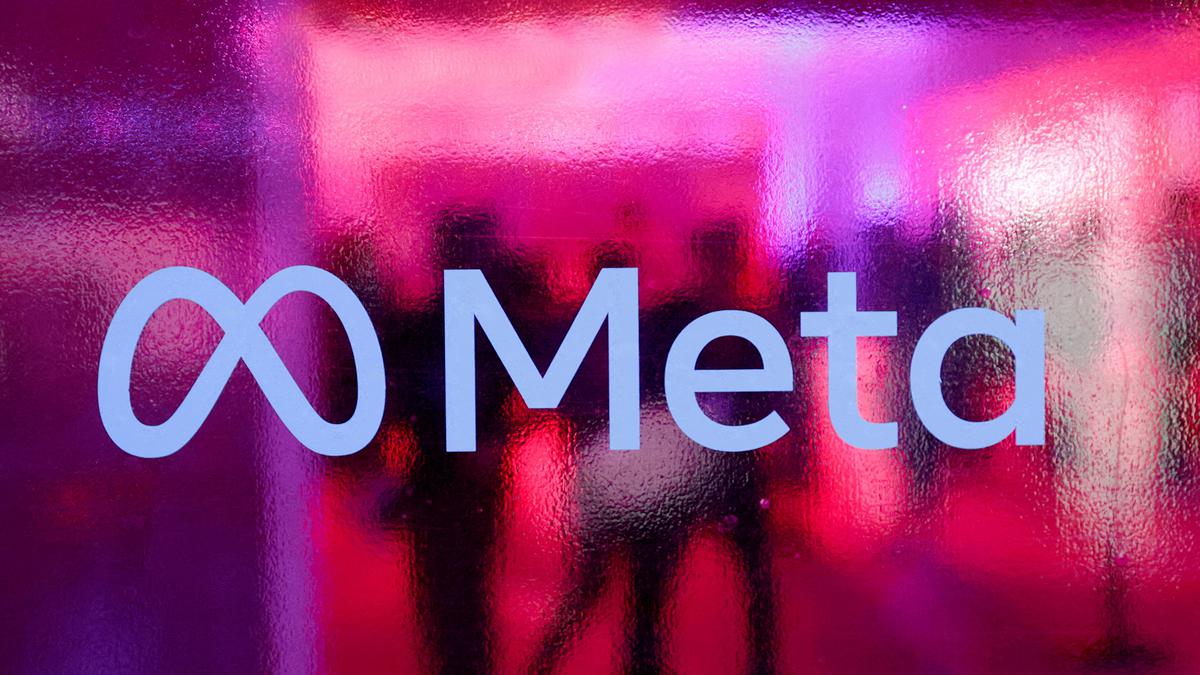Meta is planning to expand its “narrow approach” to identifying manipulated media by more broadly labelling AI-generated images, audio, and video from May, said the company’s Vice President of Content Policy, Monika Bickert, in a blog post on Friday.
Meta said that it would add a ‘Made with AI’ label to media that it detected was made with “industry-shared signals of AI images,” or add labels through the disclosures made by creators themselves.
At the same time, the company said that from July, it will stop removing altered media solely on the basis of its manipulated video policy, but will add context labels to such posts in order to inform the public without infringing on their freedom of expression.
“If we determine that digitally-created or altered images, video or audio create a particularly high risk of materially deceiving the public on a matter of importance, we may add a more prominent label so people have more information and context,” noted the company.
Meta currently adds an ‘Imagined with AI’ label to realistic media made with its own Meta AI offering, but critics have called for stronger measures to handle manipulated media created with third-party AI tools.
“We agree with the Oversight Board’s argument that our existing approach is too narrow since it only covers videos that are created or altered by AI to make a person appear to say something they didn’t say. Our manipulated media policy was written in 2020 when realistic AI-generated content was rare and the overarching concern was about videos,” said Bickert in the post, adding that the decision also came after consultations with over 120 stakeholders in 34 countries, and over 23,000 opinion research respondents.
While Big Tech giants and social media platforms are preparing to fight deepfakes ahead of elections in the European Union and the U.S., activists and lawmakers have raised concerns that the necessary strategies may not be in place by the time millions of internet users in India head to polls.

